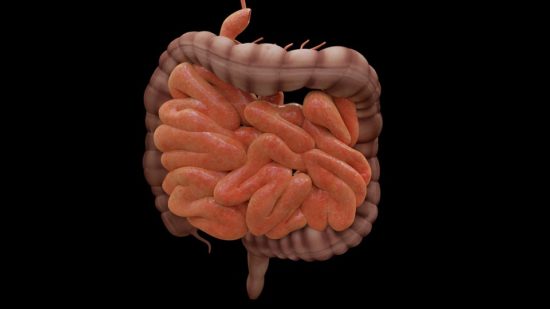A host’s genes likely influence the spread of antibiotic resistance
In the gastrointestinal tract of host animals, bacteria can exchange the genes responsible for antibiotic resistance (AR) via small, circular chunks of DNA called plasmids. However, the process in this complex environment isn’t completely understood, and AR has become a public health menace. Every year, according to the CDC, more than 2.8 million people are diagnosed with infections resistant to antibiotic treatment, and 35,000 people die.
“The human gut has millions of bacteria,” said microbiologist Melha Mellata, Ph.D., at Iowa State University in Ames, Iowa. “If an AR plasmid is introduced into our gut through contaminated food or by another means, it will quickly spread to other gut bacteria, which will generate bacteria resistant to treatments with antibiotics.” To stop that from happening, she said, researchers need to know what factors trigger or reduce the transfer of plasmids.
AMR NEWS
Your Biweekly Source for Global AMR Insights!
Stay informed with the essential newsletter that brings together all the latest One Health news on antimicrobial resistance. Delivered straight to your inbox every two weeks, AMR NEWS provides a curated selection of international insights, key publications, and the latest updates in the fight against AMR.
Don’t miss out on staying ahead in the global AMR movement—subscribe now!







